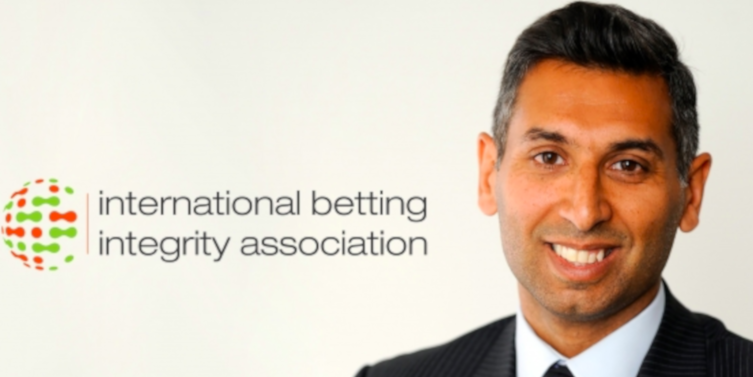Further to yesterday’s news that sports betting operator Betcris has joined the International Betting Integrity Association (IBIA), the body’s CEO Khalid Ali has spoken about the move and its relevance to promoting integrity in the LatAm market.
Speaking exclusively to SBC Americas’ sister site SBC Noticias, Ali acknowledged the development as a significant milestone for IBIA in its efforts to take on a more global role than was the case for ESSA, the organization’s previous, more Europe-centric, iteration.
Said Ali: “Part of the reason we wanted to become a global organization was to widen our integrity network to cover regions where our existing members weren’t currently present. Betcris’s membership to IBIA means we now have ‘eyes and ears’ in Latin America and we want to build this by getting more responsible regulated operators from that region on board to continue building our network.”
On the regulatory developments in the region and his view of how the market might evolve, Ali believes that the pace of change has been slow in Brazil compared to other LatAm jurisdictions.
“There has been a lot of movement in Latin America with a number of countries beginning to regulate betting,” he said. “However, the process in Brazil has not moved as fast as we would like.
“We have been involved in that market through the consultation process, in particular giving our input on the regulation of fixed odds bets. It’s really important that policymakers adopt a model that attracts and fairly regulates betting operators.”
The IBIA boss also has some clear ideas on working in the future with South American soccer confederation Conmebol, as well as leagues and clubs to safeguard integrity. He suggests, too, that Europe’s more collaborative approach to integrity is something that LatAm could adopt to its advantage.
“As a first step we would like to sign an information sharing agreement with Conmebol, like we have done with UEFA and FIFA,” he noted. “It’s really important that the integrity structure and processes are in place to exchange information between stakeholders, not just on suspicious betting patterns but also on best practice like education campaigns and other preventive measures. One of the big successes in Europe has been how we built our relationship with a number of the major sports through trust and cooperation.”














